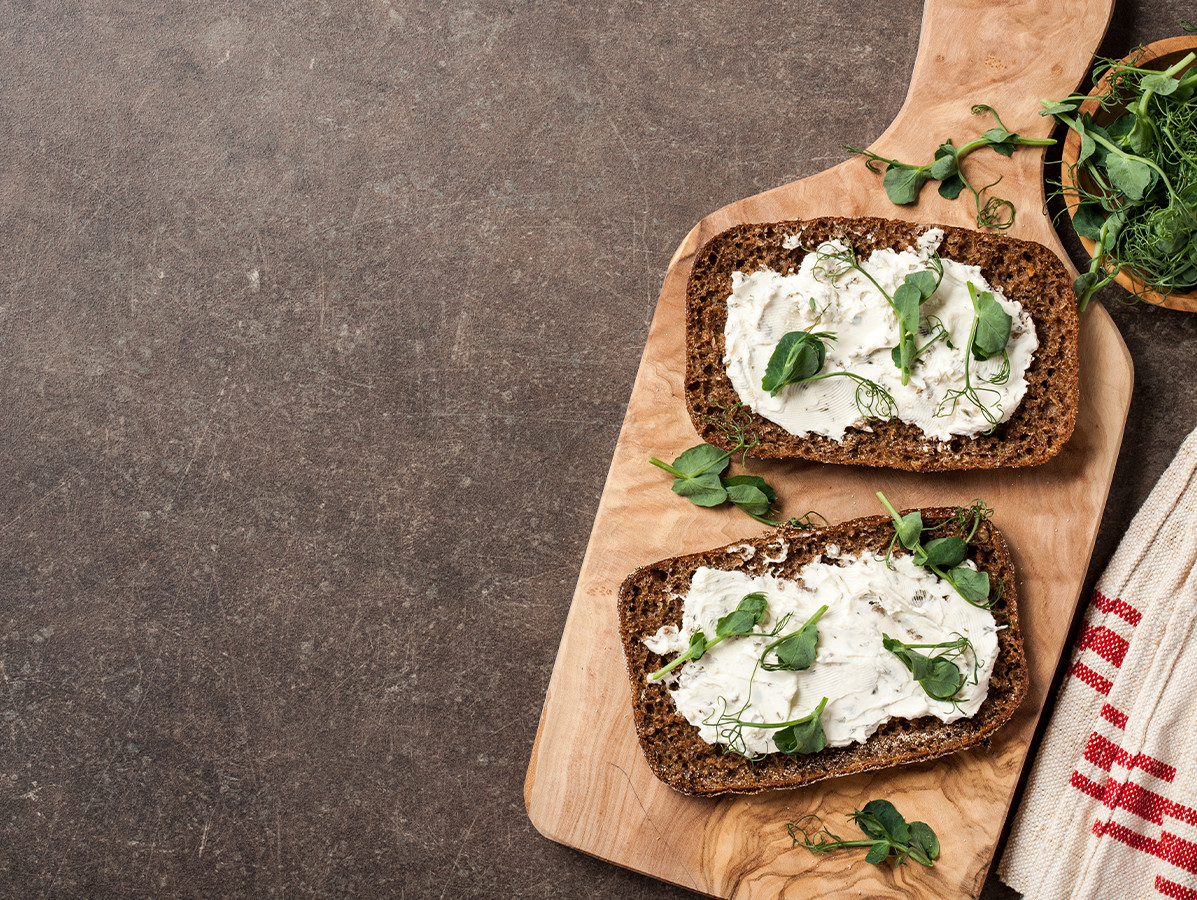
Royal Avebe is investing € 66 million in its innovation and sustainability programme this year. Most of the investments are related to the capacity of Solanic potato protein. The expansion will significantly increase production volumes starting with the current 2021 potato harvest season. Preparations for further growth are already being made to meet the expected growth in market demand.
Bart Pennings, Director of Business Development: "An increasing number of consumers are looking for vegetable alternatives without having to compromise on texture and taste. Since 2007, even before the global demand for vegetable protein, we have been successfully meeting this consumer need with our highly functional Solanic potato protein." Avebe's potato protein is widely used by companies in the (vegetable) food sector. For example, by replacing animal ingredients like gelatine or milk protein in plant-based alternatives for meat, dairy or confectionery. Pennings: "Or in the vegan market with our latest innovations in cheese applications. We help customers achieve a vegan alternative to cheese by creating the desired texture, from creamy and scoopable through smooth and spreadable to firm and sliceable. Our Solanic potato protein combines excellent functionality, such as emulsification, gel formation and foaming, with a 'clean label': they do not need to be labelled as allergenic and can simply be referred to as potato protein."
Solanic potato protein has the lowest carbon footprint compared to other animal and plant proteins. The strong growth of the plant-based food market, together with the attractive properties of Solanic potato protein, has led to a shortage in the last few years. "With these investments and the increase in production capacity, as well as our future expansion plans, we are the right partner to support the food industry in meeting the growing demand for plant-based foods," Pennings concludes.
Source: Royal Avebe